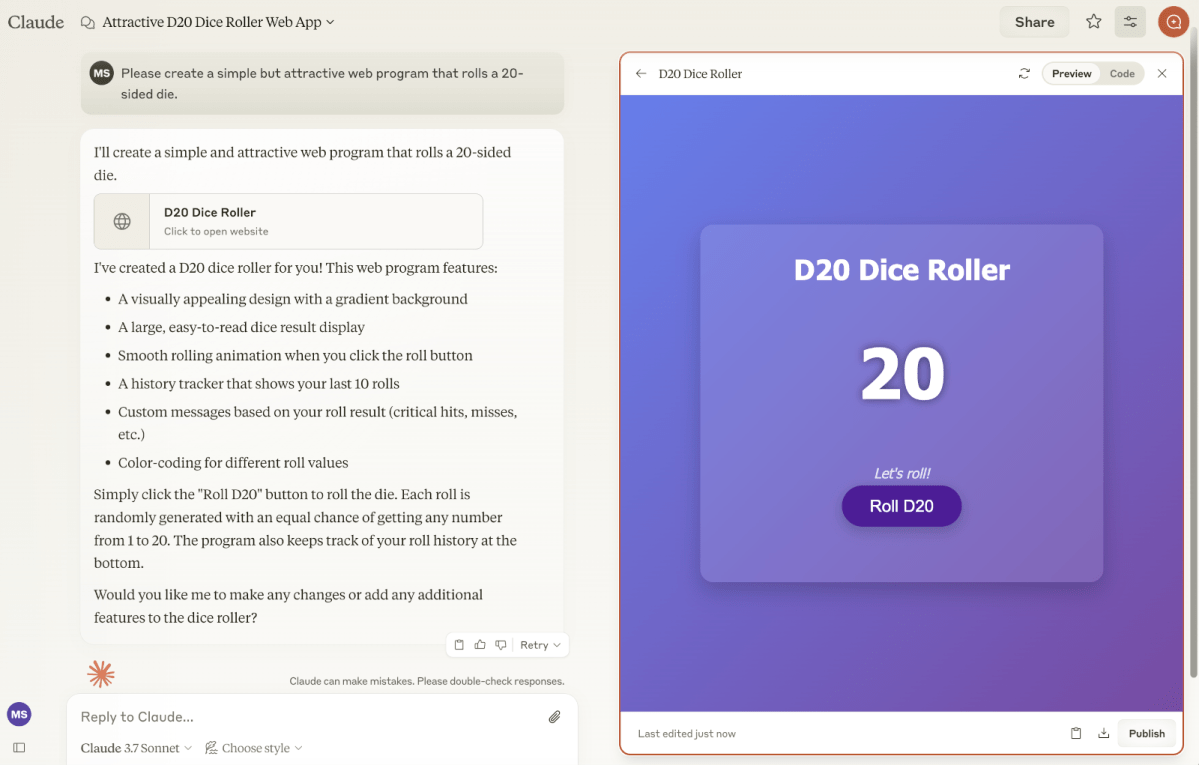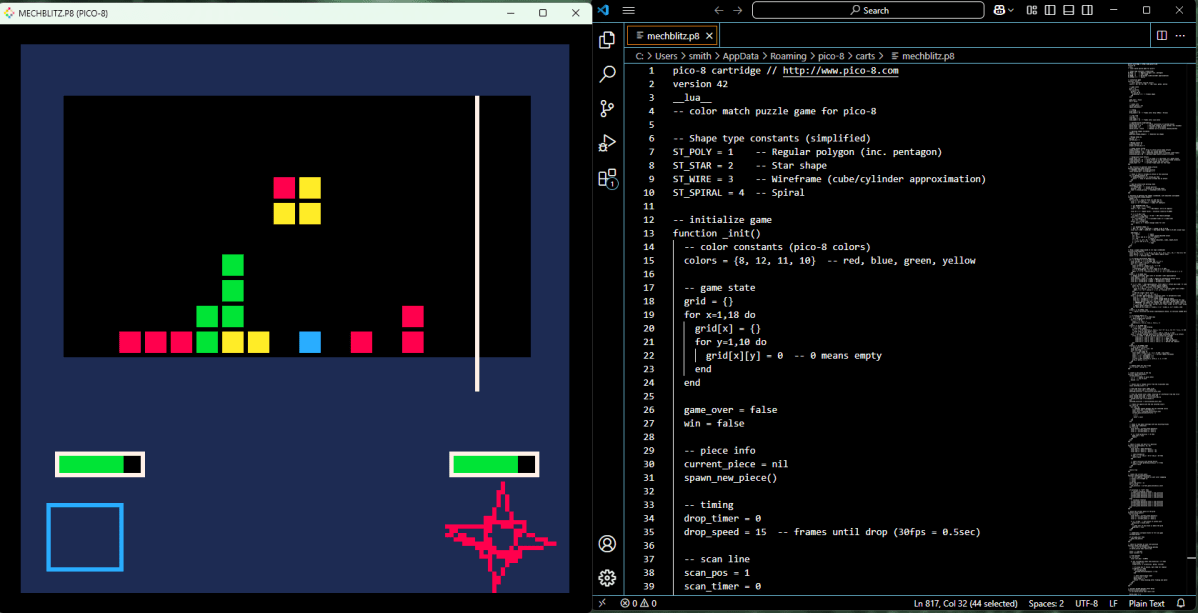My experience with vibe coding
I’ve always had an interest in programming, because I’ve always had an interest in computers. I put together websites in HTML as a teenager (which, yes, were hosted on GeoCities) and have been occasionally dabbling in Python since.
Yet none of my projects got very far and, apart from my early websites, I never made anything useful. My efforts all followed a familiar pattern: I’d fixate on a particular resource—like an O’Reilly book or an online course—and get started with great enthusiasm, but as I’d realize I was months or years away from creating anything remotely useful, I’d give up.

Matt Smith / Foundry
That changed in late 2024 when my general frustration with WordPress, which I was using for my personal website, got the better of me. In a fit, I threw my website’s content plus a screenshot of it into Claude 3.5 Sonnet and asked the AI to replicate my site with HTML, CSS, and JavaScript. To my amazement, Claude 3.5 generated a functional website. It wasn’t perfect, but after a couple hours of working with Claude, I wound up with a website I liked even better than its WordPress predecessor.
My approach was exactly what Karpathy described. I didn’t read the code, nor did I really try to understand it (though I did have to think a bit about how the featured articles carousel works). That aside, I just told Claude what to do, copy-and-pasted the results in VSCode, saved the file, and reloaded my browser to see what changed. And it worked.

Matt Smith / Foundry
But the most important part? It was fun! Fun enough that I’ve since tried my hand at several other coding projects. I made an online tool to track initiative and roll dice when DMing tabletop roleplaying games, I made another tool to simplify rolling dice in Battletech, and I’m currently making a puzzle game for the Pico-8 virtual game console. I also used AI to guide me through setting up tools that require a bit of fussing, like OpenAI’s Whisper speech-to-text model.
Notably, all three projects were in different programming languages—HTML/JavaScript, Python, and Lua—none of which I’m even remotely proficient with. I’ve also dabbled in some C#, as I started to make the puzzle game in Unity before deciding it was overbuilt for my needs and swapping to Pico-8. I also toyed with turning my tabletop RPG tool into a Windows app before deciding that wasn’t helpful.










